We often underestimate our sleep, but the situation can change if we start to have trouble falling asleep. NASA astronauts know very well what a sleep disorder is, as they often suffer from insomnia.
To avoid these situations, scientists have developed a method of falling asleep that has proven effective both in space and on Earth. We will talk about sleeping patterns and NASA astronaut rules to help you forget about insomnia.
Always Go To Bed And Get Up At The Same Time
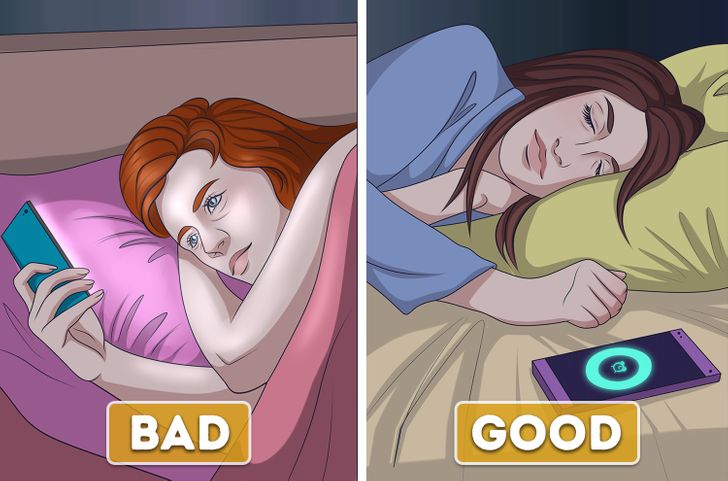
The International Space Station orbits the Earth every 90 minutes (which means that the sun rises 16 times a day). This is why astronauts constantly suffer from circadian sleep rhythm disturbances.
NASA scientists believe that the most effective way to address this problem is to lie down and get up at the same time. Before traveling into space, astronauts have their own sleep schedules designed according to their rhythms and patterns.
To follow a certain sleep schedule, you can use a computer program that automatically turns off your devices at a predetermined time. You will get used to your schedule and feel better and healthier throughout the day.
And if you lie on your back with your legs stretched out against the wall for 10 minutes before going to bed, you will improve your venous flow and you will feel relaxed and calm.
Quit Bad Habits That Affect Your Sleep
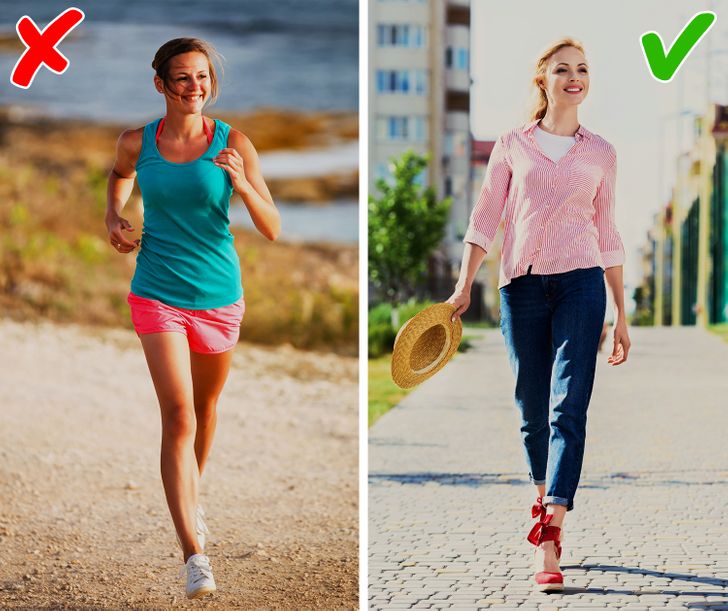
The process of falling asleep depends mainly on the things we do before going to bed. Jogging at night or exercising in the gym activates all the processes of our body and raises the body temperature, so a person needs more time to fall asleep and their sleep becomes unstable.
That’s why astronauts cut back on physical activity for a few hours before going to bed. They also stop eating heavy foods so that the process of digesting food does not deplete their energy.
To fall asleep faster, try spending a few hours outside. Don’t exercise and don’t eat heavy meals at night. Your sleep will also be deeper and healthier when you don’t have that cup of coffee at night.
Limit The Use Of Electronic Devices
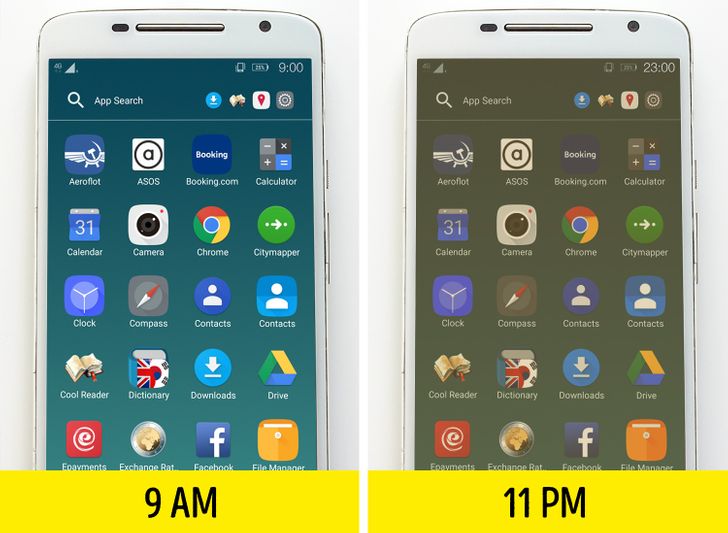
The blue light emitted by our computers and smartphones affects our sleep. This strong light (40% brighter than sunlight) reduces the production of melatonin, the sleep hormone.
That is why we can stay up late in front of our computer without any desire to go to bed. NASA astronauts stop using electronic devices 2-3 hours before going to bed.
If you’re not ready to follow this rule now, wear glasses with special lenses or install an app that filters out the blue glow. The application will control the brightness of the screen according to the weather.
Choose The Correct Light
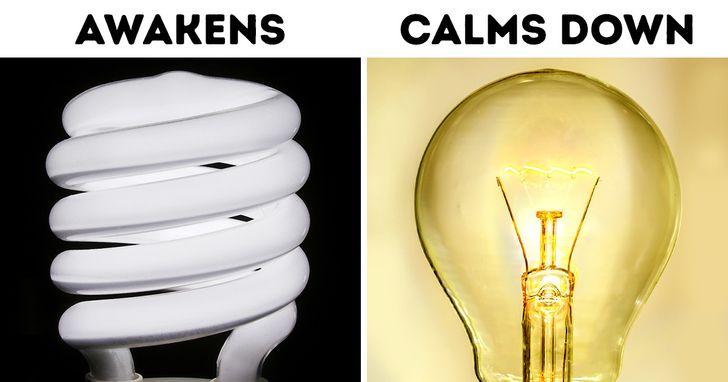
Space station lighting plays an important role when it comes to astronauts’ circadian rhythms. That is why fluorescent lamps, which emit blue light, are not used in spacecraft. Now LED lamps are used that can change their color and intensity.
At night, the blue light is reduced and during the day it is increased to improve the performance of the astronauts.
Try to avoid the use of fluorescent lights. Use bulbs that emit yellow or orange light, as both have little influence on melatonin synthesis.
Create A Sleeping Environment
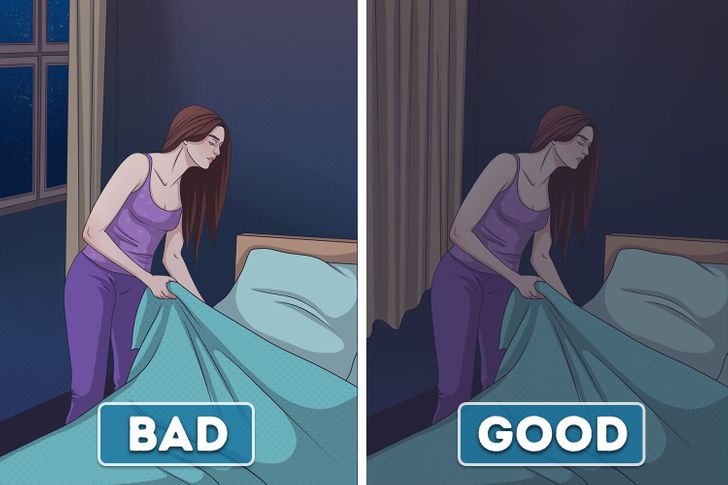
All members of the space crew have separate cabins without light so that the astronauts are not awakened by the sunrise. The less light enters a room, the higher the melatonin level and the more a person wants to sleep.
If the room where you sleep is not quiet and dark enough, wear earplugs and a sleep mask. Also, try to air your room regularly, as congested rooms do not contribute to getting enough sleep.
What do you usually do to fall asleep fast? How do you recover from long-haul flights? Share with us in the comments.


